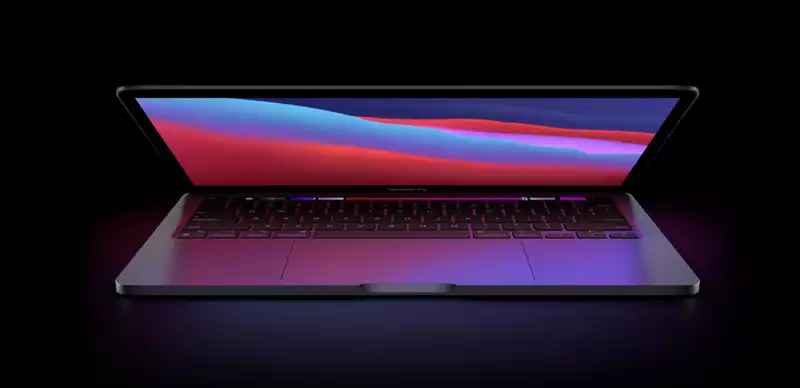The first MacBook Air M1 with Apple Silicon was impressive, but Apple appears ready to turn up the heat even more against Intel.
According to a Bloomberg report co-authored by trusted Apple journalist Mark Gurman, Apple is not only trying to beat the Intel-based MacBooks to date (and some of the best laptops today), but also completely embarrass Intel trying to do so.
Apple plans to include these new ARM-based processors in the upcoming MacBook Pro (both entry-level and high-end), the upcoming high-end iMac upgrade, and the new Mac Pro. Of course, we expected Apple to announce a new successor to the M1 chip for more powerful Macs, but these details are interesting.
How fast can Apple go? Let's talk about the core. The new M1 MacBook Air and MacBook Pro kicked butt in the M1 benchmark, but in the world of demanding video editors, the focus is on what Apple will release for users who need more power.
The original M1 chip had eight cores (four high-performance and four high-efficiency cores), and Bloomberg's report suggests that Apple is clearly working on a more powerful chip: the upcoming Apple Silicon for the MacBook Pro and iMac will have up to 16 high-performance cores and will reportedly be a 20-core system-on-chip. This will be on top of the standard four efficiency cores (which are for less processor-intensive tasks).
Scoring at home, this new chip will have more than twice as many cores as Apple's Intel-based MacBooks (up to 8 cores).
The new M1 MacBook Pro and Air have 7- or 8-core integrated GPUs, and Apple has also tested 16- and 32-core graphics components, as noted in the report, for upcoming "high-end laptops and mid-range desktops," and plans to raise the bar for "mid-range desktops.
However, there are also versions of this chip with 8 and 12 high-performance cores; if problems with enabling all 16 high-performance cores are shown during production, they may need to be used.
And then there is the even more powerful Apple Silicon, which is made for desktop-class Macs. According to this report, Apple is working on a system-on-chip design with a whopping 32 high-performance cores. This will be in a "new half-size Mac Pro," which Apple is aiming for 2022. The current MacPro, with top-of-the-line customization, will have up to 28 cores.
For higher-end desktop computers planned for late 2021 and a new half-size Mac Pro planned for release by 2022, Apple is testing chip designs with as many as 32 high-performance cores.
At that stage, Apple's biggest competitor is Advanced Micro Devices (AMD), which also beats Intel in the chip manufacturing business, with a 16-core desktop-class chip and a 64-core gaming component.










Comments